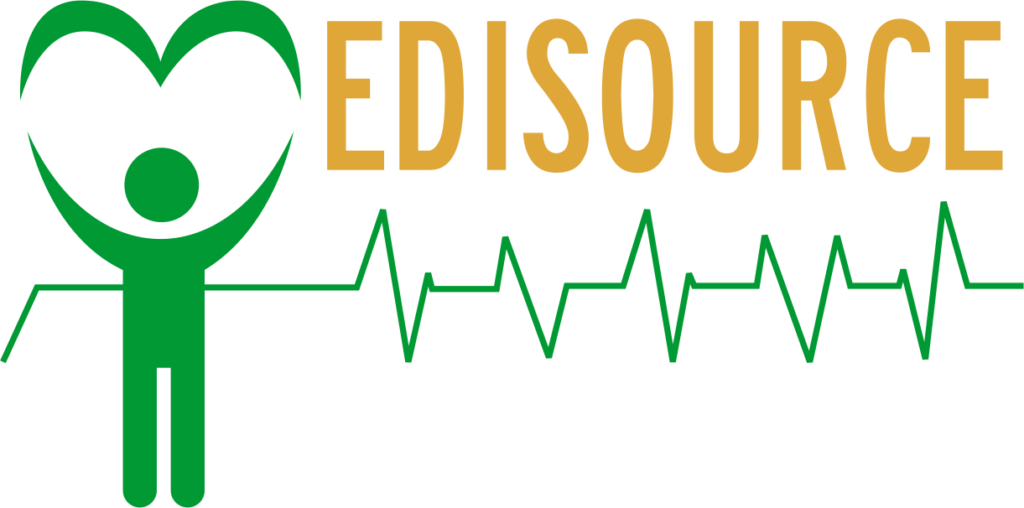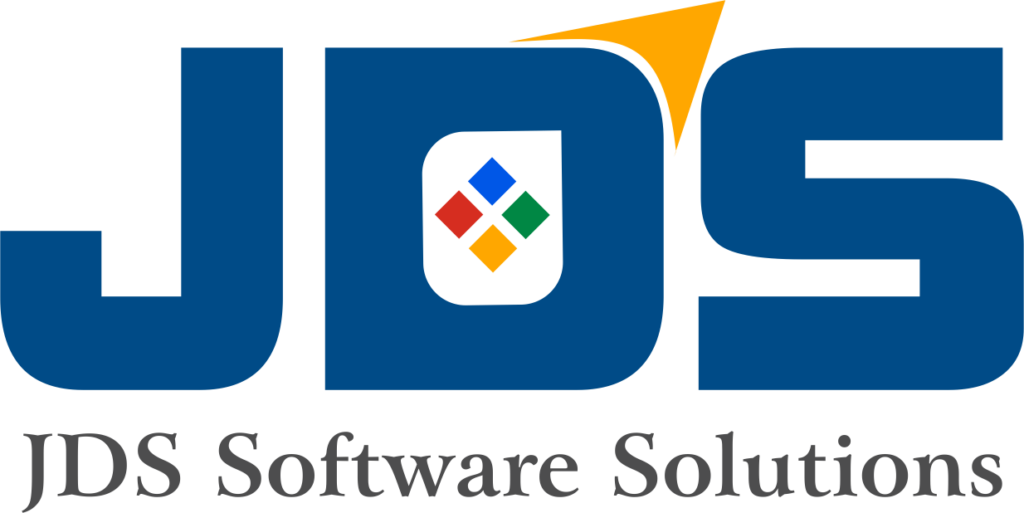An efficient Hospital Information System has a crucial role in every hospital in the case of a health system. HIS helps healthcare organizations to defeat any complicated challenges they face in the current healthcare industry. We help healthcare professionals adapting to the latest technology developments to keep their IT infrastructure high by implementing and supporting HIS across the globe.
The cost-effective, reliable, and efficient Hospital Information Systems are considered to be any hospital or healthcare backbone. Our HIS is highly advanced and efficient to add all assets and information of patients, hospital staff, nurses, and doctors anywhere and anytime.
We strive to bring substantial benefits to healthcare professionals, patients, and healthcare organizations. Benefits of our Hospital Information System are iṁproved information access, improved healthcare professionals productivity, reduced medical errors, improved quality of healthcare, improved diagnosis, and treatment, improved patient outcome, patient safety, and patient satisfaction.
Hospital information systems include the systems that handle data related to the activities of health
organizations and healthcare providers. As an integrated effort, hospital information systems may be
leveraged to enhance informed research, patient outcomes, influence policy-making, and
decision-making. Health information systems often access, process, or maintain large volumes of
sensitive data.
Hospital information systems (HIS) is a component of health informatics that mainly emphasizes the
various administration needs of hospitals or healthcare facilities. It complements the other
components of the extremely complex operations and organizational structure of a hospital. A well-
the implemented hospital information system provides readily available patient data to the care
providers. Additionally, it cuts out on a lot of manual record keeping and documentation work that is
essentially performed in hospitals. Processes automated using hospital information systems imply
that the processes will be mechanically taken care of without any human intervention and this
ensures improved efficiency.
Gather, compile and analyze health data to help manage population health and reduce healthcare costs, improve efficiency and accuracy of coding and billing, reduced operational cost, expenses associated with paper medical records, and thus provides a paperless environment that covers the entire aspects of hospitals operations.


